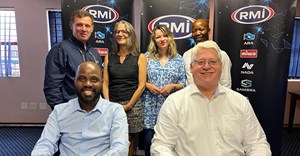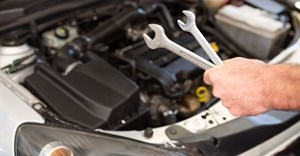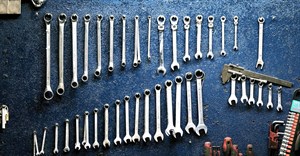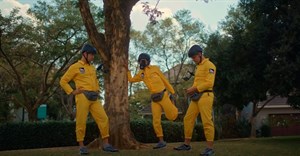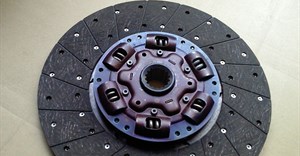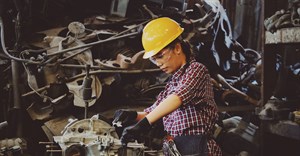Know the critical safety components of your vehicle
“Our roads are plagued with unroadworthy vehicles where many of the safety critical components have long been neglected. These vehicles are death traps, not only for the passengers in the vehicle but for other road users too. We have to get serious about regular maintenance of vehicle components to make sure our roads are safer,” he says.
So, what exactly would be considered safety critical components?
Hedley Judd, director of the Motor Parts & Equipment Association (MPEA), an affiliate association of the RMI, says safety critical components can be described as the life and limb components of the car. “These are the type of components that, if not checked and maintained, make a vehicle unroadworthy, undrivable, and imminently an accident waiting to happen. However, a part that could leave the vehicle and driver stranded could also be regarded as safety critical,” he explains.
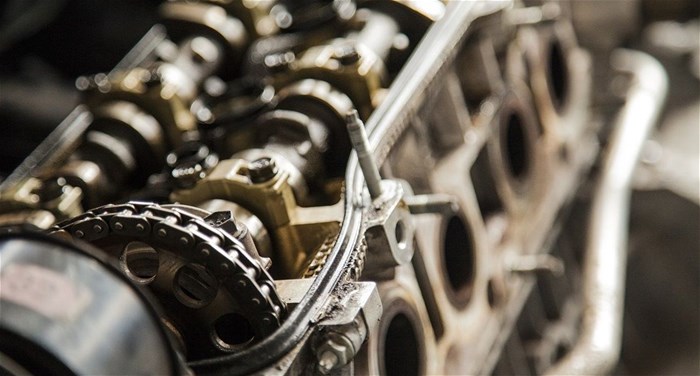
The brake system, suspension system, tyres and visibility (i.e. windscreens, wipers, lights, etc.) make up the four major groups of parts that are considered safety critical components.
Routine car service
“There is also a long list of components that fall outside of these groupings that would also be checked during a routine car service such as the condition of the clutch and battery, joints, engine and gearbox mountings, and so on. It’s pretty obvious though that if the brake system malfunctions, for example, it directly affects the safety of the vehicle and its passengers,” says Judd.
Olivier says motorists and fleet owners need to take note of the manufacturers’ recommendations in terms of the specified maintenance periods of these components. “Car components have a lifespan just like other household appliances. You can extend this lifespan though through proper maintenance.”
Oil and oil filters
He uses oil and oil filters as an example. “Oil does not last forever. Depending on the engine configuration and fuel requirements, an oil change is required from 10,000km to 30,000km. Changing oil and not the filter is not best practice. Oils have very complex structures and the manufacturers’ specified lubricant products should always be used. The fuel filter is the item that ensures that clean (particle-free) fuel flows to the injector system where even the tiniest particle can cause a blockage and an engine to stop running. By simply following the guidelines and ensuring the oil and filter are changed regularly you can extend the lifespan of your engine.”
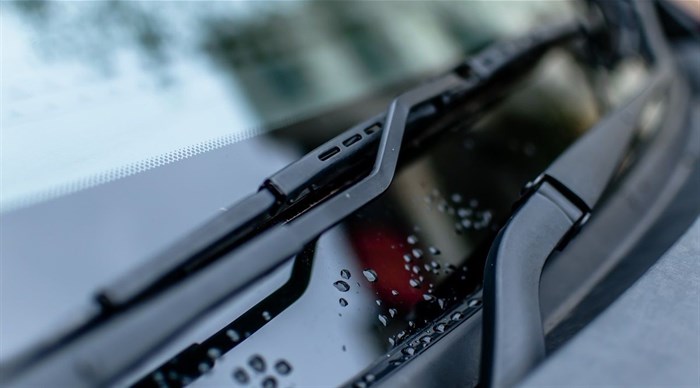
Towbars and trailers
Judd highlights two components that may be overlooked but are also safety critical components – towbars and trailers. “A towbar is designed to withstand the specific parameters of the towing capabilities of the vehicle and must be correctly fitted. Under no circumstances can a towbar be safely repaired by anyone other than the original manufacturer, who will most probably be reluctant to repair the product. The wiring of the trailer socket on the towbar must be correctly done, and although in most cases today this is a plug-and-play function, always check the operation of the trailer lights every time a trailer is connected. The tow ball on the towbar must be the correct size and weight capacity,” he says.
He adds that when hitching a trailer you need to ensure the load distribution is centred in front of the main axle making the front of the trailer heavier than the rear. This should not, however, exceed 50kg direct downforce on the tow ball. “Weight distribution centred to the rear of the axle will cause the trailer to be unstable and dangerous to tow. Remember that even a small trailer out of control can cause a vehicle to have a rollover accident.”
Get your vehicle assessed
Olivier says experts at an RMI-accredited repair and maintenance facility will be able to assess and advise you on the status of your safety critical components. “Make sure that you use an accredited facility workshop. Not only can you be assured of a quality service but if you are not happy with the service received there is recourse through the dispute resolution process at your disposal. Let’s make our roads safer,” he concludes.










